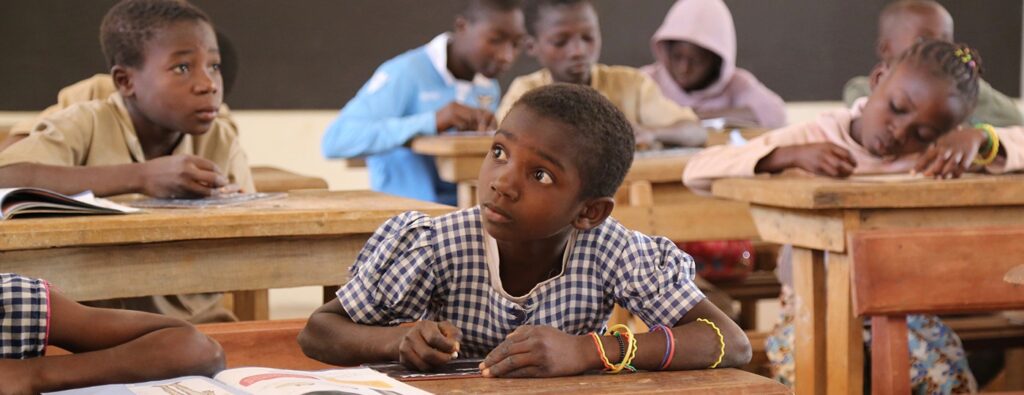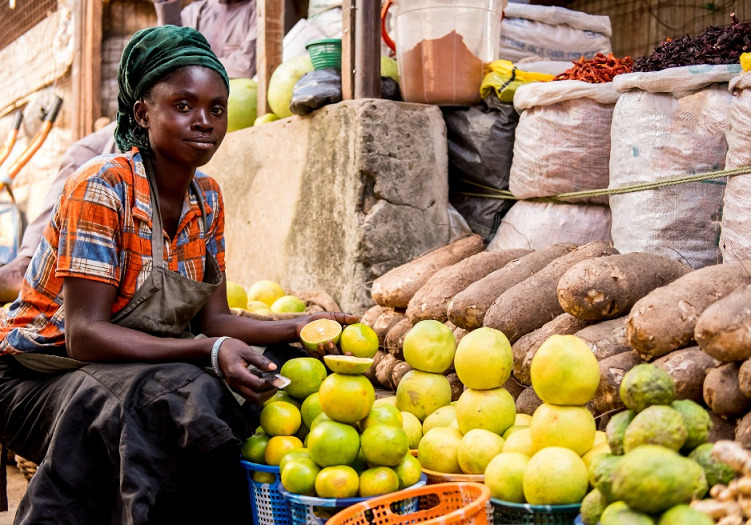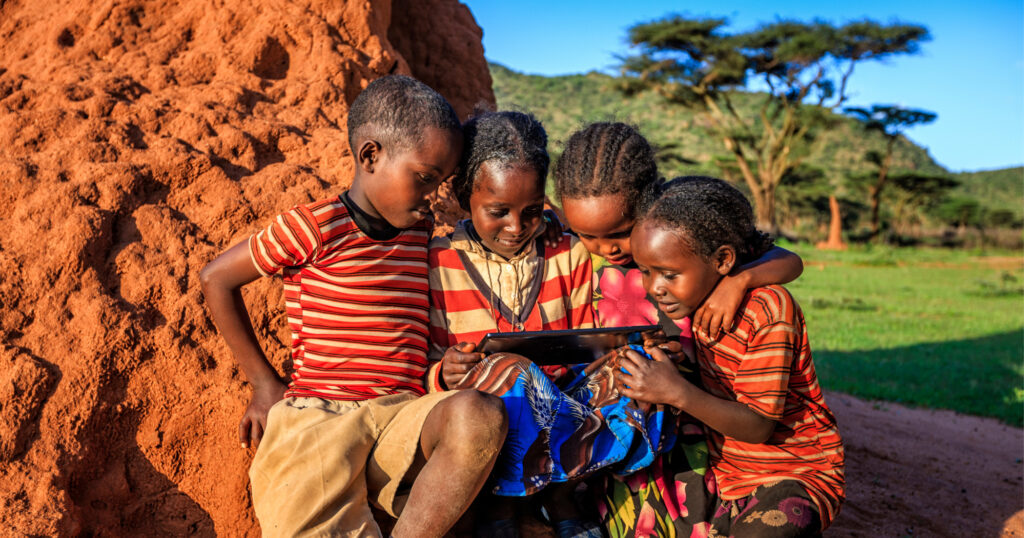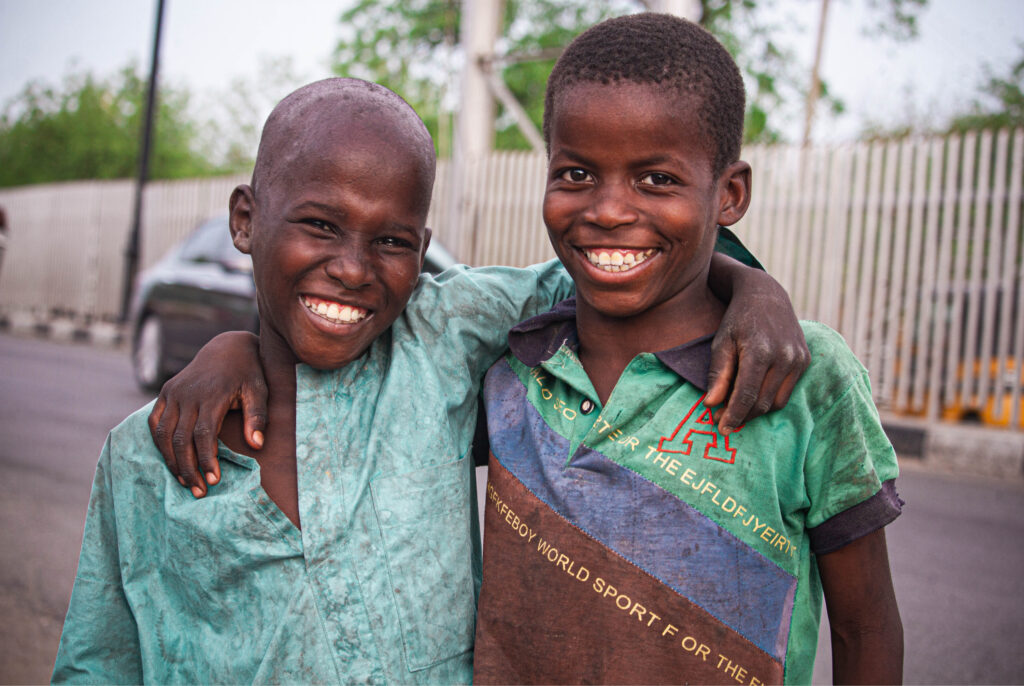Featured

Naira Redesign Policy and the State of Digitalization in Nigeria
Modern development has placed digital technologies at the forefront, giving economies a chance to hasten economic expansion and ease the connection of people to services and employment. The contribution of…
Read →
Building a more Inclusive Digital Future for Women in the Global South
The advent of digital innovation has revolutionised our world, bringing immense benefits to individuals, societies, and economies. It has boosted efficiency and productivity and fostered opportunities for creativity and expansion.…
Read →
Changing Perspectives: SSB Tax is key to Addressing Obesity in Nigeria
Obesity is on the rise globally, with 1 billion people predicted will be living with the disease by 2030. Obesity is no longer just a disease of rich countries. The…
Read →
Nigeria: The Resource Conundrum
This paper examines in great detail the impact of the Russia-Ukraine war on the Nigerian economy for the purpose of informing experts and non-experts alongside providing recommendations to the government.…
Read →
Measuring Learning Is Key to Reaching Education Goals: The Case of Nigeria
Learning assessments have played a key role in highlighting the extent of the learning crisis in Nigeria. The next step to addressing learning is improving assessments to close data gaps…
Read →
Agricultural Development Financing and Food Inflation in Nigeria: What the Government may need to do differently
Over the years, the Nigerian government has deployed development financing initiatives to boost food production through increased access to finance for farmers and other small businesses in the sector. While…
Download ↓ Read →
Learning trajectories: A practical tool for tracking learning and taking action
Learning trajectories are graphs that show how many children achieve a certain level of minimum proficiency at each grade. While learning trajectories have previously been used for research, two new efforts…
Read →
Proposed 2023 budget: Low Commitment to Capital Spending
The proposed 2023 budget Bill was presented on October 07, 2022. While presenting the budget, President Muhammadu Buhari highlighted the revenue challenge, which may have influenced the size of the…
Read →
Policy Proposals For External Debt Management And Sustainability In Developing And Low-Income Countries
The pandemic has taken a heavy toll on the global economy. The sources of economic growth and productivity gains have been constrained, and poverty and inequality have risen sharply. In…
Read →
Five ways to build resilience in Nigeria’s education system
COVID-19 has compounded a long-standing learning crisis in many African countries, where millions of children were already out of school before the pandemic. Nigeria has the highest rate of out-of-school…
Read →
The role of Industries Without Smokestacks (IWOSS) in addressing Nigeria’s unemployment crisis
In 2020, Nigeria’s population was estimated to be above 200 million and about 61 percent (122 million) of the population were within the working age. Out of the 122 million…
Read →
CSEA wins the RISE Capacity Development Award
The Centre for the Study of the Economies of Africa (CSEA) has emerged winner of the RISE Capacity Development Award for its work on the Learning Trajectories Training. To celebrate the amazing…
Read →
The Economic and Social Costs of Out of School Children in Nigeria
Out-of-school children (OOSC) has long been a global problem that affects a country in various ramifications. With 10.5 million OOSC, Nigeria is recognised to have the largest number of children…
Download ↓ Read →
Harnessing The Potential of Demographic Dividend In Sudan
Sudan has transitioned to the era of demographic dividend. Yet, evidence from various sources shows that adequate policies have not been put in place to enable the country to achieve…
Download ↓ Read →
The Potential of Accelerated Education Programmes in Solving the Out-of- School Children and Youth Problem in West Africa
In many countries, myriad policy efforts and initiatives have been launched toward achieving the goal of Education for All. These include: grass-roots lobbying for the importance of schooling, political declarations…
Download ↓ Read →
Curtailing State Extremism In Data Governance
There is an increasing level of attention and growing conversations at the national, regional and global levels, around the imperative for a more effective set of rules and regulations to…
Download ↓ Read →